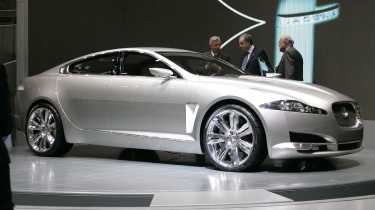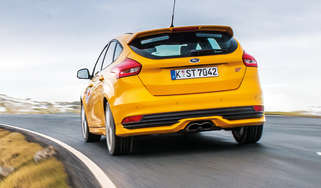Jaguar's new owner
Tata boss determined to land prize
As Jane Austen might have written had she been a motoring hack, it is a truth universally acknowledged that a huge and expansionary Indian industrial group, in possession of a good fortune, must be in want – serious want – of a really cool and prestigious car brand like Jaguar.
It is also a truth universally acknowledged – by those who know him – that Ratan Tata is a good bloke. Powerful, yes, as you would expect of a chairman of one of India’s largest industrial and automotive conglomerates with 100,000 employees; a physically towering, intimidating and charismatic figure; but one possessed of geniality, a sharp wit, a sincere enthusiasm for cars and a near-messianic determination to motorise his one billion fellow countrymen. Tata is soon to launch a sub-$2000 car.
Right at the other end of the motoring scale, Ratan Tata wants to be the winner in the race to buy loss-stricken Jaguar, and probably also-up-for-sale Land Rover, from Ford.
Having already bought up Corus, the Anglo-Dutch steel maker once known as British Steel, Tata has proved there is the financial wherewithal to take on the Jaguar challenge. But its battle to do so is creating the motor industry’s own version of Pride and Prejudice.
The pride part cuts both ways: pride at Tata if it does wind up owning one of the most hallowed car brands; wounded pride among Jaguar’s workers that the key decisions will be made not even at Ford in Dearborn but the Tata headquarters in Bombay. There is prejudice, too; not at Tata but within the Jaguar and Land Rover plants at Castle Bromwich, Halewood and Solihull, where there are fears for the consequences of bringing together two businesses of such distinctly differing histories and cultures.
As of end-November, the Jaguar and Land Rover Cup was down to a two-horse race: between Tata and One Equity Partners, the US private equity group headed by former Ford chief exec Jac Nasser. Ford, ever more clearly a reluctant vendor and now anxious to keep a sizeable stake in the businesses, is expected to make a final decision early in 2008.




